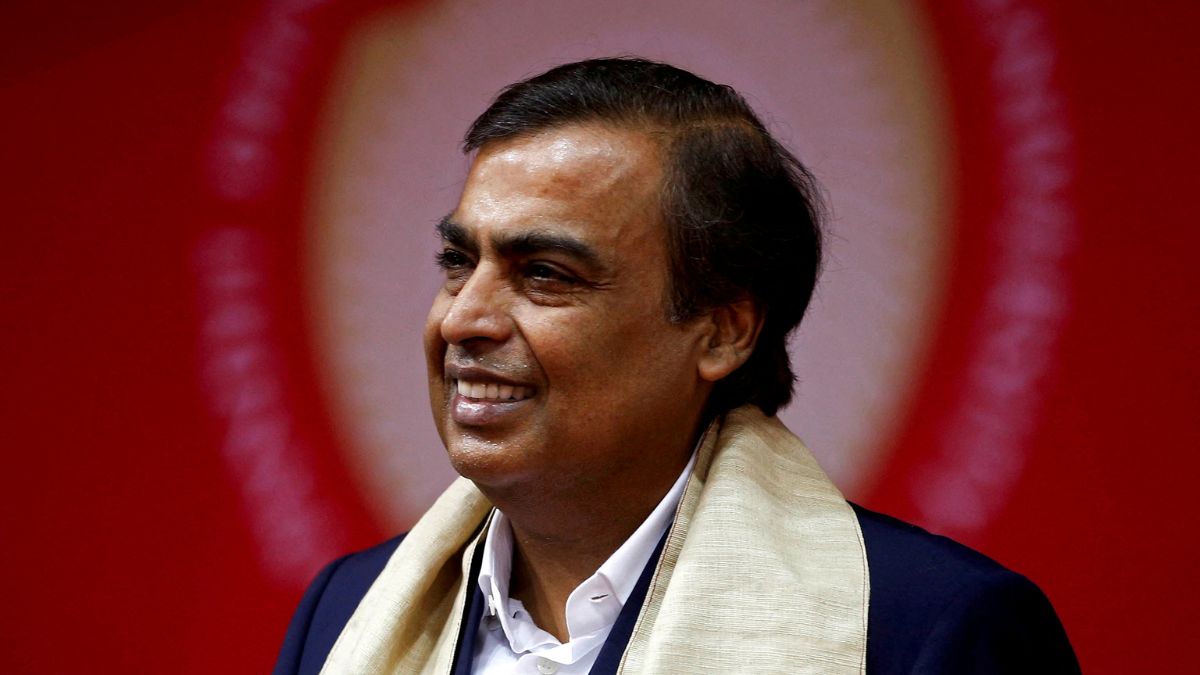As India gears up for Union Budget, subscribers to the are hopeful for transformative reforms that could enhance tax benefits, increase contribution limits and strengthen retirement security read more
)
Citizens are hoping the National Pension Scheme will become far more attractive in this Union Budget
As India prepares for Budget 2024, expectations are high for transformative reforms that could reshape the landscape of the National Pension System, enhancing retirement planning opportunities and bolstering financial security for millions of subscribers.
Projected tax benefits enhancement
One of the key speculations surrounding Budget 2024 revolves around substantial enhancements in tax benefits for National Pension System (NPS) contributors. Experts anticipate that the government may raise the maximum deduction limit under Section 80CCD(1) of the Income Tax Act from the current Rs 2 lakh to Rs 2.5 lakh. This adjustment could potentially incentivise taxpayers to increase allocations towards their NPS accounts fostering stronger retirement savings habits and ensuring more robust financial futures.
Revised contribution limits for greater flexibility
Another area of keen anticipation is the revision of contribution limits. Analysts suggest that Budget 2024 might increase the permissible limit for employee contributions to NPS from the current 10 per cent of salary to 15 per cent. Such a move would not only enable individuals to save more tax-efficiently but also empower them to build larger retirement funds, catering to diverse financial needs and aspirations.
Strengthening the retirement planning framework
Budget 2024 is expected to fortify the NPS as a cornerstone of India’s retirement planning framework. By expanding contribution options and enhancing tax advantages, the government aims to foster disciplined, long-term savings behaviour among citizens. This strategic emphasis is poised to promote financial prudence and ensure resilient retirement income streams for individuals post-employment.
The proposed reforms aim to enhance financial security among NPS subscribers significantly. Potential increases in tax benefits and contribution limits are anticipated to make the NPS a more attractive retirement savings vehicle, encouraging broader participation and facilitating access to reliable pension provisions across various socioeconomic groups.
“The NPS is a government-backed retirement savings scheme. The scheme allows individuals to contribute towards their retirement throughout their working life. NPS was launched in 2004 by the Pension Fund Regulatory and Development Authority (PFRDA) and was originally intended for government officials but was made available to all individuals in 2009, The NPS offers a number of benefits which include safe returns, tax efficiency, low cost etc.,” said Anita Barur, Partner, Sudit K Parekh & Co. LLP.
It was mentioned that, under the existing regulations, individuals can claim a maximum deduction of up to Rs 50,000 for contributions to the NPS. Additionally, only 60 % of the NPS corpus is tax-free at the time of withdrawal. Subscribers have the option to use their accumulated pension wealth to purchase a life annuity from a PFRDA-empanelled life insurance company, or they can withdraw a portion of the pension wealth as a lump sum if they prefer.
“Under the new regime, there are very few deductions that a taxpayer can claim. It is an expectation that NPS be allowed under the new regime as well. Taxpayers are looking for an increased deduction limit for NPS as well as an increase in the tax free corpus limit to improve their post-retirement income. An increase up to 75 per cent to 80 per cent of the corpus tax-free would be more beneficial and align NPS with other retirement savings instruments like the Employees’ Provident Fund (EPF),” said Barur.
Addressing discrepancies in tax treatment
The anticipated reforms if implemented should also address significant disparities in the tax treatment and benefits between the National Pension System (NPS) and the EPF.
Currently, EPF allows the entire accumulated corpus to be tax free at retirement while NPS allows only up to 60 per cent tax free with the remaining 40 per cent mandatorily used to purchase annuities, which are taxable. This disparity restricts NPS subscribers from managing their retirement funds as flexibly as EPF subscribers.
EPF subscribers enjoy unrestricted investment freedom whereas NPS subscribers are mandated to use 40 per cent of their corpus to purchase annuities which typically offer lower returns compared to other investment options like mutual funds.
Tax benefits for employer contributions to NPS vary with Central government employees enjoying a higher deduction limit (14 per cent) compared to other employees (capped at 10 per cent). This lack of uniformity calls for equal treatment across all categories of employees contributing to the NPS.
There is confusion regarding the taxation of withdrawals from the NPS Tier-II account, which lacks clarity and consistency compared to mutual funds. Clear guidelines are necessary to ensure fairness and transparency for all NPS subscribers.
Currently, only Central government employees can claim deductions under Section 80C for contributions to NPS Tier-II accounts with a three-year lock-in period. Extending this benefit to all subscribers would ensure equitable tax treatment across the board.
Looking ahead
The anticipated reforms for the NPS ahead of Budget 2024 promise to transform India’s retirement savings landscape significantly. By aligning tax incentives with long-term savings objectives and addressing discrepancies in benefits between NPS and EPF, the government may reinforce the NPS as a vital instrument for ensuring financial security during retirement years. These reforms not only aim to boost savings but also reflect a strategic vision to enhance the overall economic resilience of the country’s ageing population. As the budget unfolds, these measures are poised to set a new trajectory for retirement planning in India emphasising the importance of prudent financial planning and sustainable wealth accumulation for future generations.

 2 months ago
126
2 months ago
126
)
)
)
)
)
)
)
)
)
)
)
)
)
)
)
)
)
)
)
)
)
)
)
 English (US) ·
English (US) ·